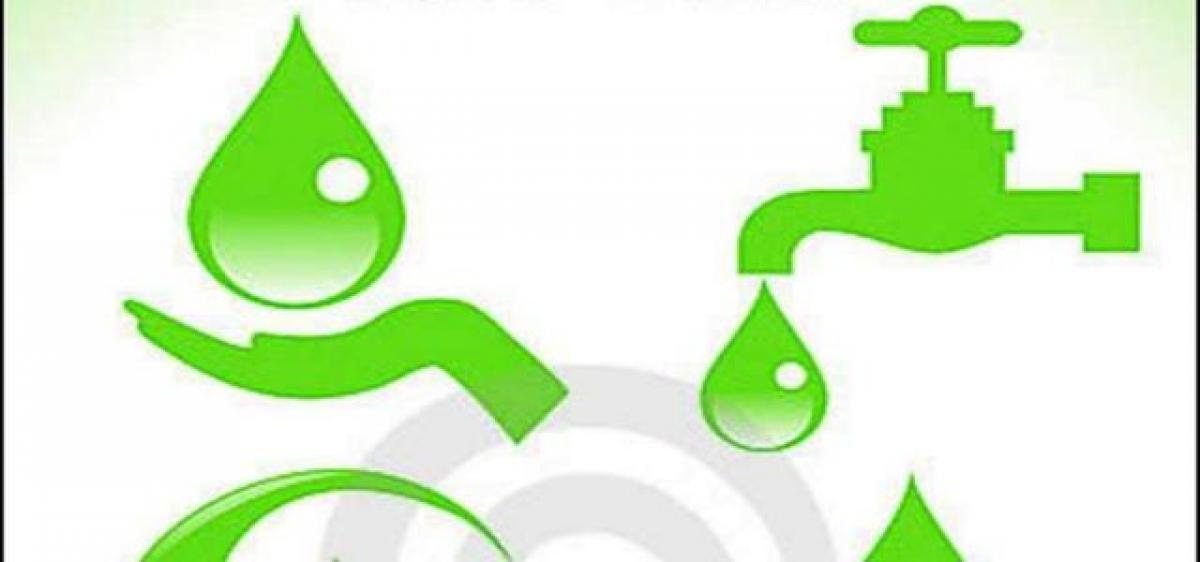Live
- Garena Free Fire MAX Redeem Codes for December 2024: Unlock Skins, Weapons, and More
- Dr. Ponguleti Sudhakar Reddy Welcomes Union Minister Piyush Goyal in Bengaluru
- Why Christmas is Celebrated on December 25: The Link to Roman Festivals
- Tributes paid to G Venkataswamy (Kaka)
- Amit Shah should quit; demand MP, MLA
- Hike in support price brings cheer to coconut farmers
- Apple's Face ID Smart Doorbell Could Unlock Doors by Late 2025
- Amit Shah must tender apology
- Govt’s focus on rural and tribal health: Minister Damodar
- Ramanujan’s birth anniversary celebrated
Just In

Keeping track of time with a smartphone in bathroom, checking on a toilet flush leak and going for satellite water reclamation plants in your building are some ways to save water and to treat wastewater, say experts.
Keeping track of time with a smartphone in bathroom, checking on a toilet flush leak and going for satellite water reclamation plants in your building are some ways to save water and to treat wastewater, say experts.
KE Ranganathan, Managing Director at Roca Bathroom Products Pvt Ltd, and Abhay Kumar, Chief Scientific Officer, Eureka Forbes Institute of Environment, have shared some tips on how you can contribute towards saving water:
* While a leisure time in the shower is much needed once in a while, however, spending less time in the shower on a daily basis is the first step one can take to save water. For keeping track of time, keep your smartphone in the bathroom and time yourself by how many songs play while you're in there. And to further save water and time, limit your shower time to a single song.
* Using a bucket is always better than a shower when it comes to water conservation. However, adjusting water temperature while your bucket is filling instead of waiting for them to fill and then discarding the water for it being too cold or hot saves not only water but also your time while you are rushing to work.
* One of the major leaks that goes unnoticed is a toilet flush leak. A quick trick to check it is by putting a dye or food colouring into the tank. In the case of a leak, the colour will appear in the bowl without flushing. Additionally, refrain from flushing things down the toilet to dispose them off. Make it a habit of throwing tissues or other waste in the garbage can, which doesn't require gallons of water.
* De-centralised treatment plants: These are treatment plants specific to small communities/condominiums/buildings and are not connected to the main waste water treatment system. Such designs permit the community to utilise the waste water by recycling it and help in conservation.
* Satellite water reclamation plants: They remove flow from nearby sewers to produce reclaimed water close to the use area and thus avoid in laying of pipelines and pumping systems to return the reclaimed water to the use areas from central treatment plants.
* Water source heat pumps: Water-source heat pumps are being used to extract residual heat energy from wastewater, after treatment and before discharge by outfall. Similar heat extraction technology is now developing for extracting heat from wastewater in sewer pipelines.

© 2024 Hyderabad Media House Limited/The Hans India. All rights reserved. Powered by hocalwire.com







